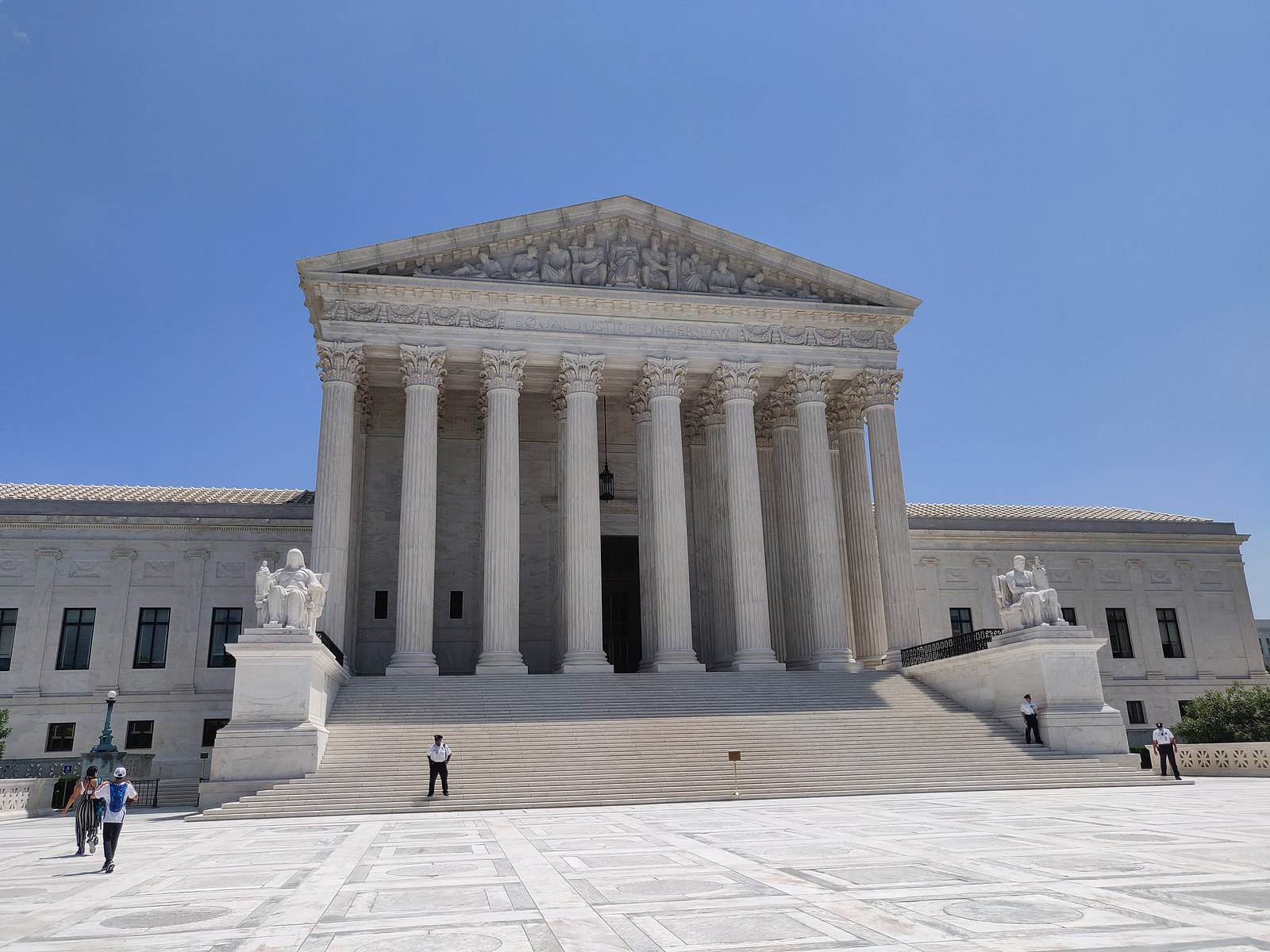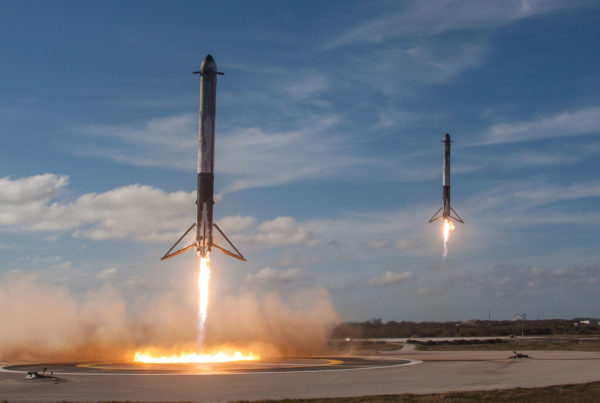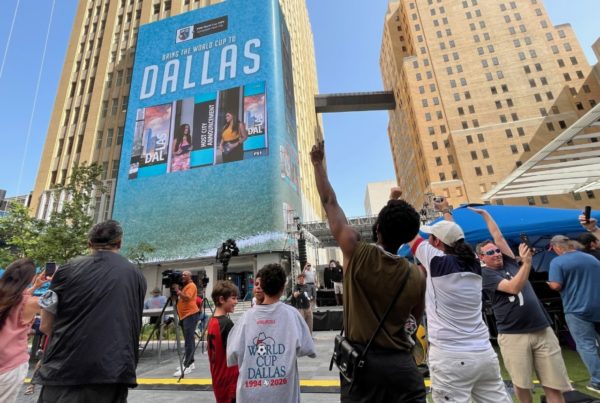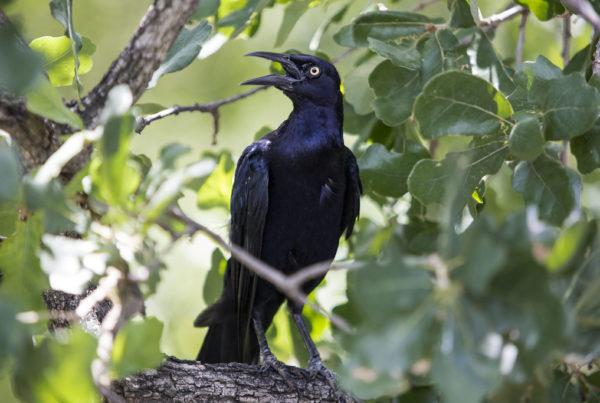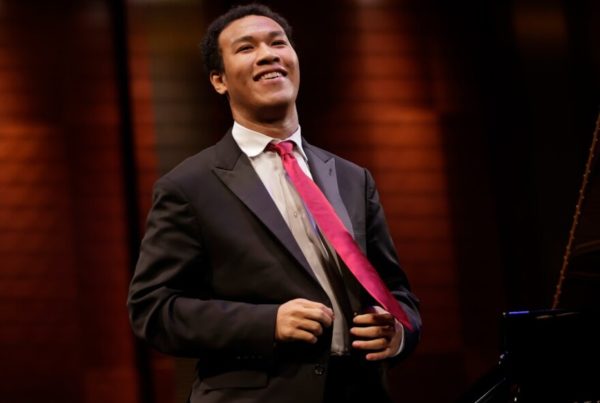Two Texas-based Native American tribes can continue to host electronic bingo on their lands after a U.S. Supreme Court ruling released this week sided with the tribes.
Despite Texas’ strict gambling laws, the Ysleta del Sur Pueblo tribe near El Paso and the Alabama-Coushatta Tribe near Houston have been operating electronic bingo facilities on their reservations for years. The nation’s highest court ruled 5-4 that the tribes have the autonomy to host the bingo games since Texas doesn’t ban bingo outright.
Ben Kappelman, a lawyer with the firm Dorsey & Whitney who has handled cases in the past regarding federal American Indian law, spoke with the Texas Standard to discuss the significance of this ruling. Listen to the interview above or read the transcript below.
This transcript has been edited for clarity:
Texas Standard: Can you tell us a little more about the significance of this ruling?
Ben Kappelman: The Supreme Court here rejected an interpretation of [the 1987 Restoration Act] that has prevailed for decades. The state of Texas has been winning this issue in the courts for a long time. This week, the Supreme Court said that’s not correct, and these tribes are going to be subject to the same gaming regulation regime that applies to hundreds of tribes across the country.
Why is this being interpreted as a big win for the tribes?
Well, after being under the previous interpretations of this law for so long, this is a sea change for the tribes, because the Supreme Court has said that that interpretation was incorrect.
If Texas doesn’t outright ban bingo in the first place, what was the state’s argument against the tribes from operating bingo on their reservations?
So, the state had a couple of arguments, one of which was effectively that the Pueblo had made a bargain with Congress in the 1980s that in exchange for federal reassumption of its trust responsibility over the Pueblo, the Pueblo would not engage in gaming. And the majority opinion effectively says that’s not what the statute that Congress passed says. And so, they focused on what the actual words meant in the context of their enactment back in the 1980s.
The other argument that Texas makes is that Texas has a strong public policy against gambling. And the court’s response was, despite that, because Texas does allow bingo in some forms, the Pueblo can do so as well.
How is having these bingo facilities a benefit to these tribes?
Many tribes across the country are not able to raise revenue through means that can be available to state and local governments, like property taxes. And so, tribes look to economic activities to fund their governments and health and welfare services for their members. Having gaming available as one business activity is beneficial to the Pueblo in doing those things.
Is there any room for these tribes to expand their offerings?
There is. This week’s decision opens the door for these tribes to initiate negotiations with the State of Texas that could result in the tribes being permitted to conduct what’s called Class III gaming, which goes beyond bingo and are games that a lot of people would associate with traditional casinos, like table games, blackjack, etc. And if one of these tribes and the state can reach agreement on a compact, then they would be able to conduct those gaming operations as well.


